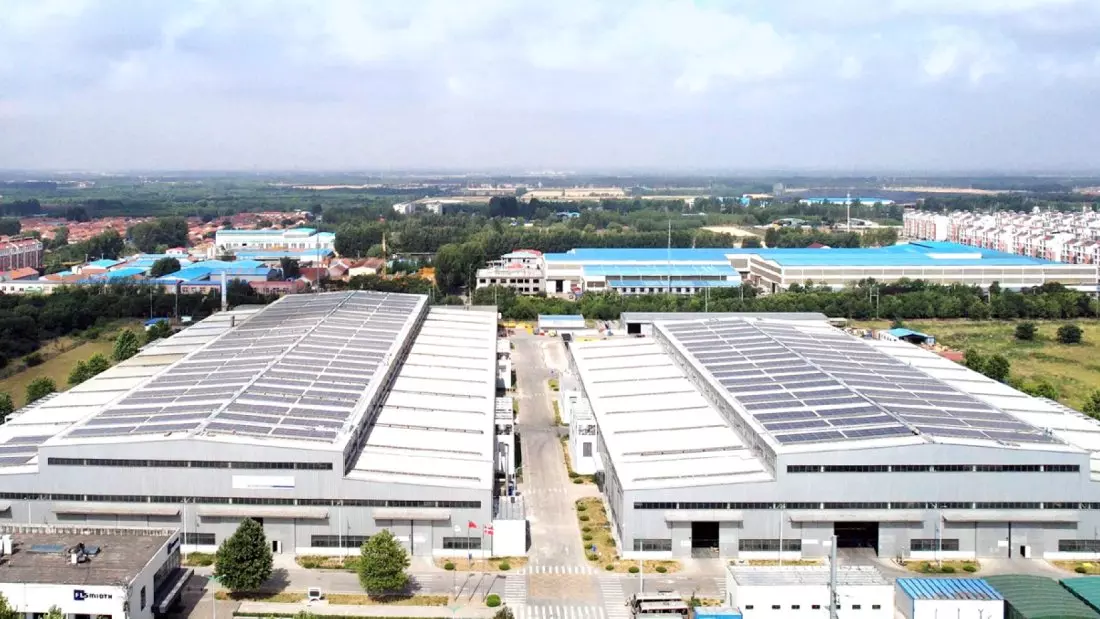-
Sustainable operations
Committed to protecting our planet and the environment we inhabit.
Being environmentally friendly means complying with legal and other obligations. But it also means going beyond that by preventing pollution and utilising resources in a sustainable manner. We want our planet to continue being a welcome home to future generations.
We optimise the usage of our resources, like water and electricity, which benefits the environment, our customers and our bottom line. Monitoring and reducing our internal impacts are a central part of our culture and day-to-day work.

Tracking and monitoring performance
We manage what we measure. That’s why our commitment to the Science Based Targets initiative to achieve zero scope 1 and 2 emissions by 2030 is ratified and translated into short-term actions and long-term plans. Our Sustainability Performance Indicators (SPI) system enables us to monitor and analyse all our environmental data while maximising transparency.
Furthermore, we have well-established procedures for reporting waste, water, scope 1 and scope 2 data in accordance with international guidelines and standards. In our global reporting system, we manage and monitor all environmental data concerning fuels, electricity, water, waste and disposal means. We also report on environmental incidents such as fuel or chemical spills.
Reduction programmes
Case: Transitioning to renewable energy
As part of our efforts to increase the use of renewable energy in our own operations, solar panels have been installed at our manufacturing facility in Qingdao, China. Most of the site’s CO2 emissions are generated by the use of grid electricity, so the decision was made to begin the shift to solar panels. Permission was granted by the local authorities in 2021 and the 1.4 MW solar power system was installed and commissioned in 2022. The installation is expected to generate 1.6 million kWh of electricity annually, covering 42% of the site’s electricity consumption, and to reduce CO2 emissions by 691 tonnes annually – approximately 32%.
- 1.4 MW solar power system installed and commissioned
- 1.6 million kWh of electricity generated – 42% of the site’s electricity consumption
- 691-tonne reduction in CO2 emissions
